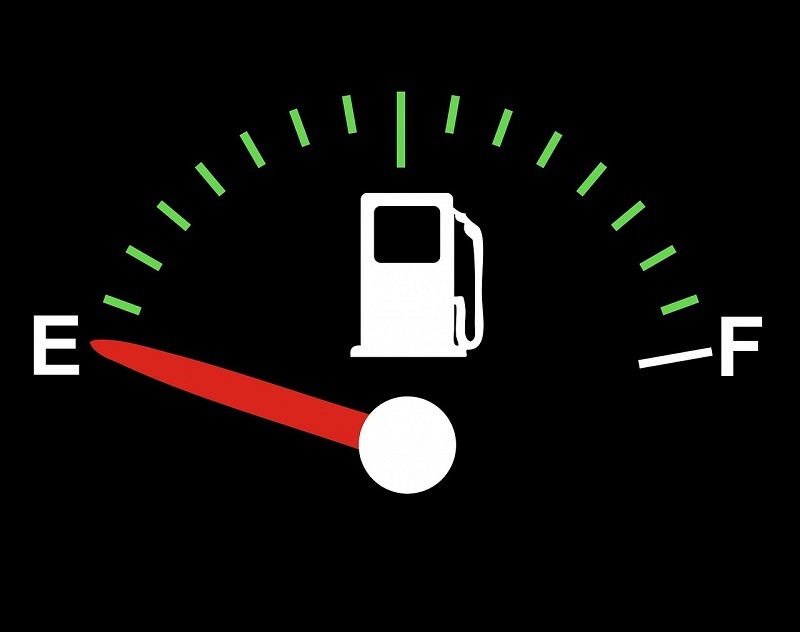
Written by Katie Lowe (BA, GradDipPosPsych)
Life can be exhausting! Balancing a career; study; love and relationships; children and family; up keeping a house; cooking; exercising; maintaining your physical, emotional and mental health; friends and a social life; leisure; and all the other things, can be quite the juggle.
‘Burnout’ is when you reach the point of physical and emotional exhaustion after excessive or prolonged periods of stress. It can leave you feeling tired, overwhelmed, unmotivated and simply blah about everything.
Burnout tends to creep up over time, most people don’t know it’s even happening until it’s too late. Our bodies can get so used to being in a constant state of stress that we start to think it’s normal to feel that way. This is why it’s so important if you are under stress to become familiar with the signs that you are headed towards burnout before you hit the wall!
Stress is a normal part of our everyday life and is impossible to avoid altogether, but chronic or ongoing exposure to stress can have serious consequences for our mental and physical health. Our bodies are only designed to respond to immediate stressors for short periods, such as running away from - or fighting a bear that is chasing us (or possibly less dramatic threats these days - but you get the picture). Exposure to extended periods of stress can lead to those hormones and chemicals that help us deal with stress building up and wreaking havoc on our body.
Some of these physical consequences can include:
- chronic inflammation
- extreme fatigue
- poor sleep
- increased risk of heart disease
- weight gain or loss
- headaches and stomach issues
- irritability
- and symptoms of depression and anxiety.
Learning to recognise the warning signs and tuning into what our body is telling us can be invaluable in protecting our mental, emotional and physical wellbeing.
Our bodies are ALWAYS communicating with us, it’s just a matter of learning to listen to its gentle messages before they become loud screams!
Here are some of the common signs that you are headed for burnout town:
- Symptoms of anxiety/stress
- Exhaustion
- Lack of empathy
- Decrease in performance at work
- Depression and or low mood
- Feeling irritable or angry with everyone and everything
- Insomnia
- Lack of motivation or passion. Feeling empty
- Lack of concentration and ability to focus on everyday tasks
- Memory loss and feelings of brain fog
- Withdrawal from colleagues, friends and family
- Physical symptoms such as body aches and pains, headaches, tummy trouble and low libido
- Feeling emotionally fragile
If this sounds like you - what should you do?

- Take some time out! Whether that means physically taking time off work, or making sure that you set aside time each day to rest; it’s important to prioritise giving your nervous system some much needed respite. Spend time each day doing something that replenishes your energy e.g. yoga, gentle exercise, coffee with a friend, reading a book, or taking a nap. (This includes switching off from devices!)
- Start setting some boundaries and delegating tasks so that you avoid overextending yourself. Get honest with yourself about what your limits are, and whether you can outsource some of your responsibilities by simply asking for help. i.e. Hiring a cleaner for a couple of hours per week; exploring the idea of job sharing or less hours with your boss; or asking close friends or family to help out with the kids. You are amazing, but you are not superhuman!
- Communicate how you are feeling with trusted friends, colleagues or family. There is absolutely no shame in speaking up, and you might be surprised by how many other people have felt the same in the past and can be there to listen and support you when times are tough. “A problem shared is a problem halved”.
- Sit down and re-evaluate your goals and priorities, you may find that you are spending a lot of your time and energy on things that do not make you happy or add to your life. For example; if family is one of your top priorities and you are working 60 hours per week, then this is likely to cause issues over time. Or perhaps you are a busy mum that isn’t allocating enough ‘me’ time to nourish your physical and mental health when health and wellbeing is something that is very important to you? Spending some time checking in with how aligned your current life is with your values can be very helpful in making changes to support your recovery.
- And finally, don’t be afraid to reach out for professional support, there are lots of resources out there to help you cope with and recover from the symptoms of burnout. I’ve included some links for you to check out below.
Learning to listen to your body and recognise when it’s time to slow down is crucial in avoiding burnout. If you push yourself too far ignoring the warning signs that you are running on empty, then something will have to give!

If you have too much on your plate, remember that it is OK to say no. Put yourself first and explore ways that you can reduce the amount of stress in your life.
If you or someone you know needs help or support contact Lifeline on 13 11 14. Alternatively, contact your local health professional or visit https://www.beyondblue.org.au/.



